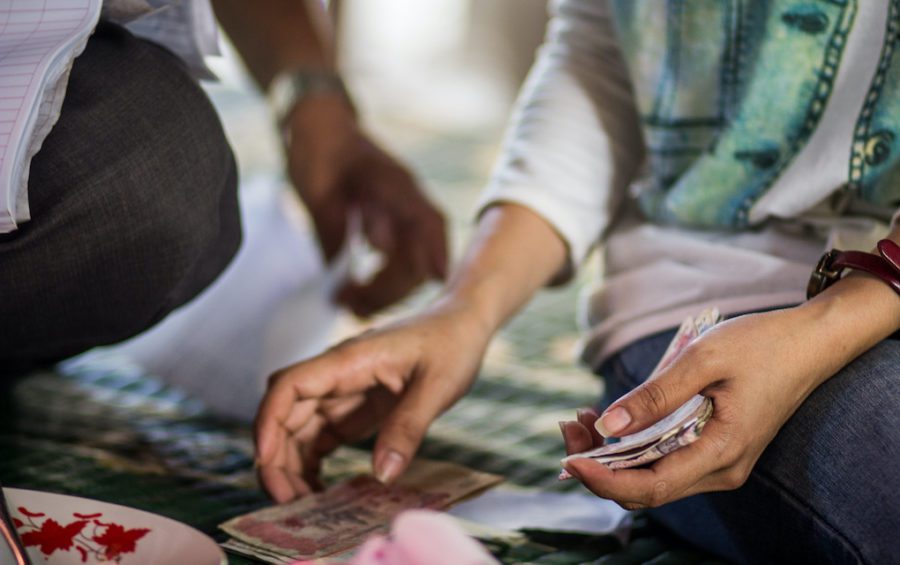A 70-year-old man in Kampong Speu province confessed to stabbing his second wife to death because she had fallen deeply in debt, borrowing from private lenders to pay microfinance institutions and vice versa, local police and a commune chief said.
The man, Puth Than, was charged with murder on Thursday following his arrest this week, said deputy Phnom Sruoch district police chief Men Sokhem.
But the murder happened a month earlier, on New Year’s Day, Sokhem said.
Than and his wife Chim Pha, 53, tended mangoes in Kraing Deivay commune’s Prey Totueng village. When his wife was stabbed on January 1, Than ran out and told villagers that “someone” had killed her, the police deputy said.
But a police investigation uncovered that 20 years ago Than had chased around his first wife with a knife, and once killed his dog because it ate a chicken.
“After we learned this information, we summoned him for questioning for a second time, and pressed him, and he made a confession,” Sokhem said, “like a robber won’t answer that he is a robber unless we have the technique for questioning him.”
According to Than’s confession, Pha “was indebted to many banks, and borrowed from one place to pay another place, and they had no money left from his earnings,” Sokhem said.
Than confessed to having argued with his wife over the money before picking up a paring knife from the kitchen.
She dodged and yelled “you’ll kill me” as he jabbed at her, and eventually he “stabbed too far,” Sokhem said.
He said police did not ask why the wife had borrowed money. “I didn’t investigate this. We just asked why he got angry,” the police deputy said.
“She borrowed from the private lender and ‘angkar’ and borrowed from one to pay the other, and borrowed from the big to pay the small and borrowed from the small to pay the big,” he said, using a word for “organization” that is commonly used to refer to microfinance institutions as well as NGOs.
Commune chief Man Men said the couple had frequently argued, though as far as he knew it was the first case of violence.
The husband had drunk two beers before stabbing his wife, Men added.
Than had already sold some farmland to repay the debt, other plots were under threat, and the couple owed about $7,500 to private lenders, Men said.
“It was huge,” Men said. “They were [heavily] indebted.”
But the debt itself was not unusual, the commune chief said. Villagers have been borrowing money from microfinance institutions not to run businesses but to acquire cars and motorbikes, he said.
High levels of indebtedness in Cambodia have been linked to land loss and human rights abuses by NGO researchers. According to the National Bank, 1.9 million microfinance borrowers owed a total 26.7 trillion riel, or about $6.7 billion, in October, averaging about $3,500 per borrower. The World Bank warned in December that “[a]n overleveraged banking (and microfinance) sector also represents a risk to the country’s financial stability.”













